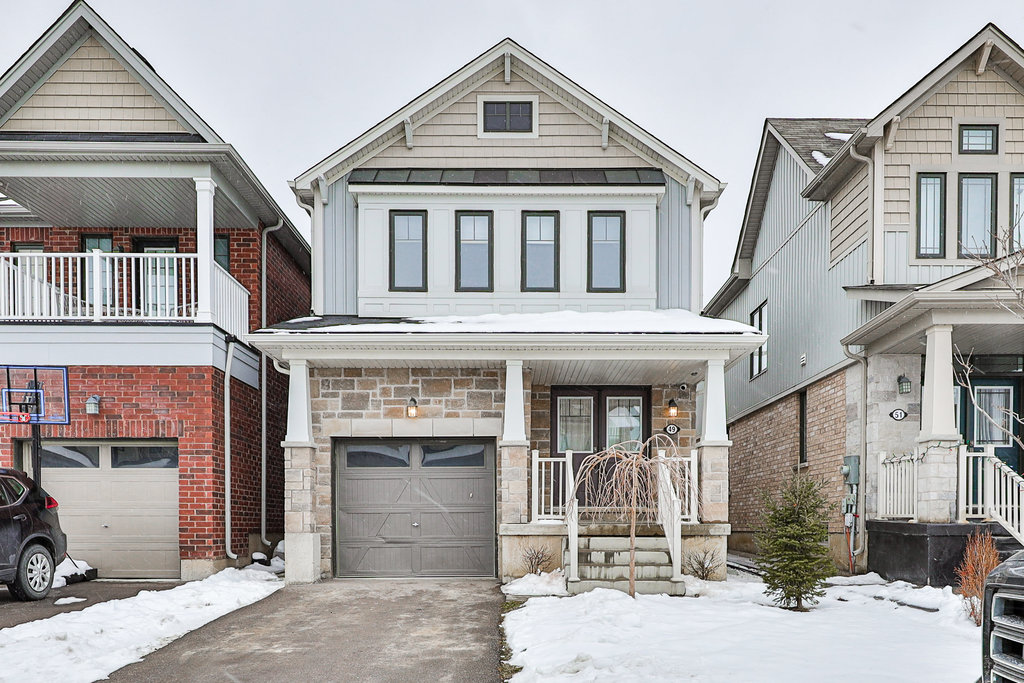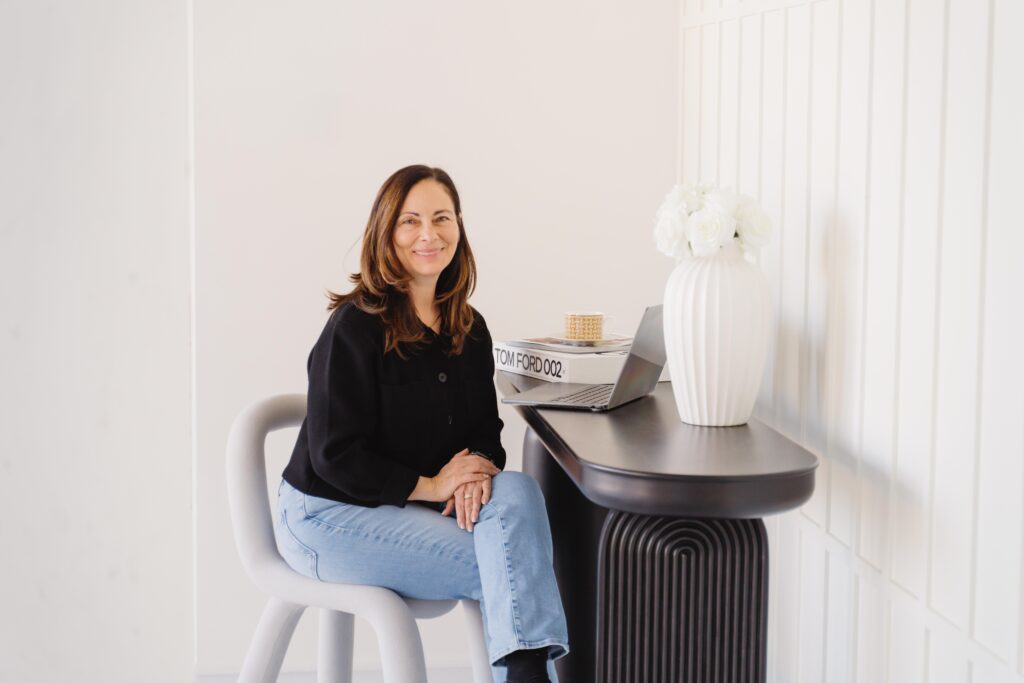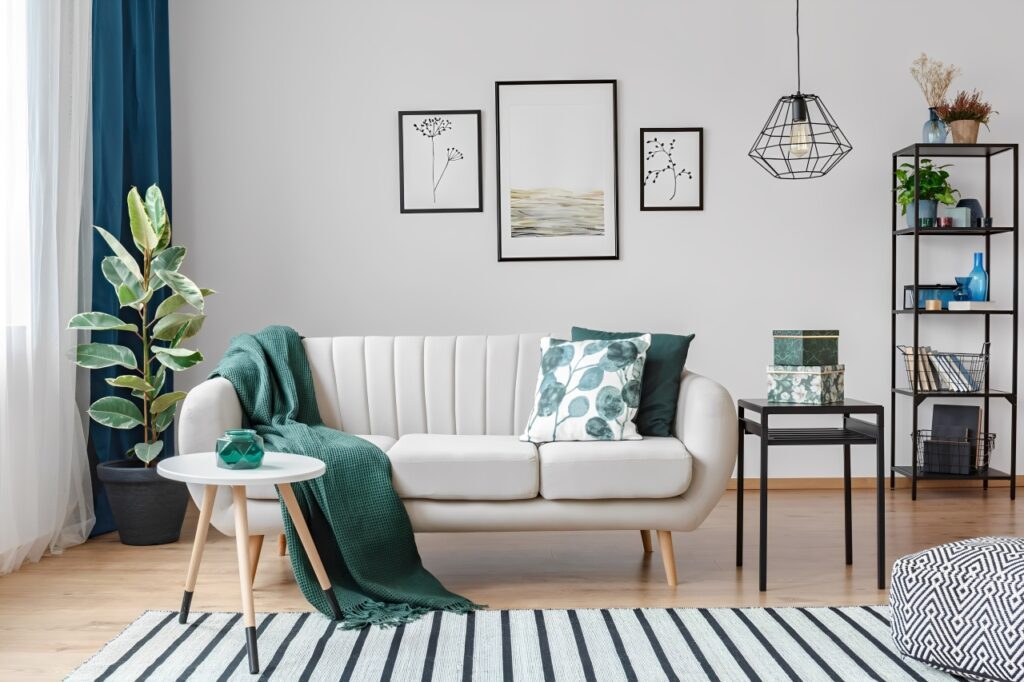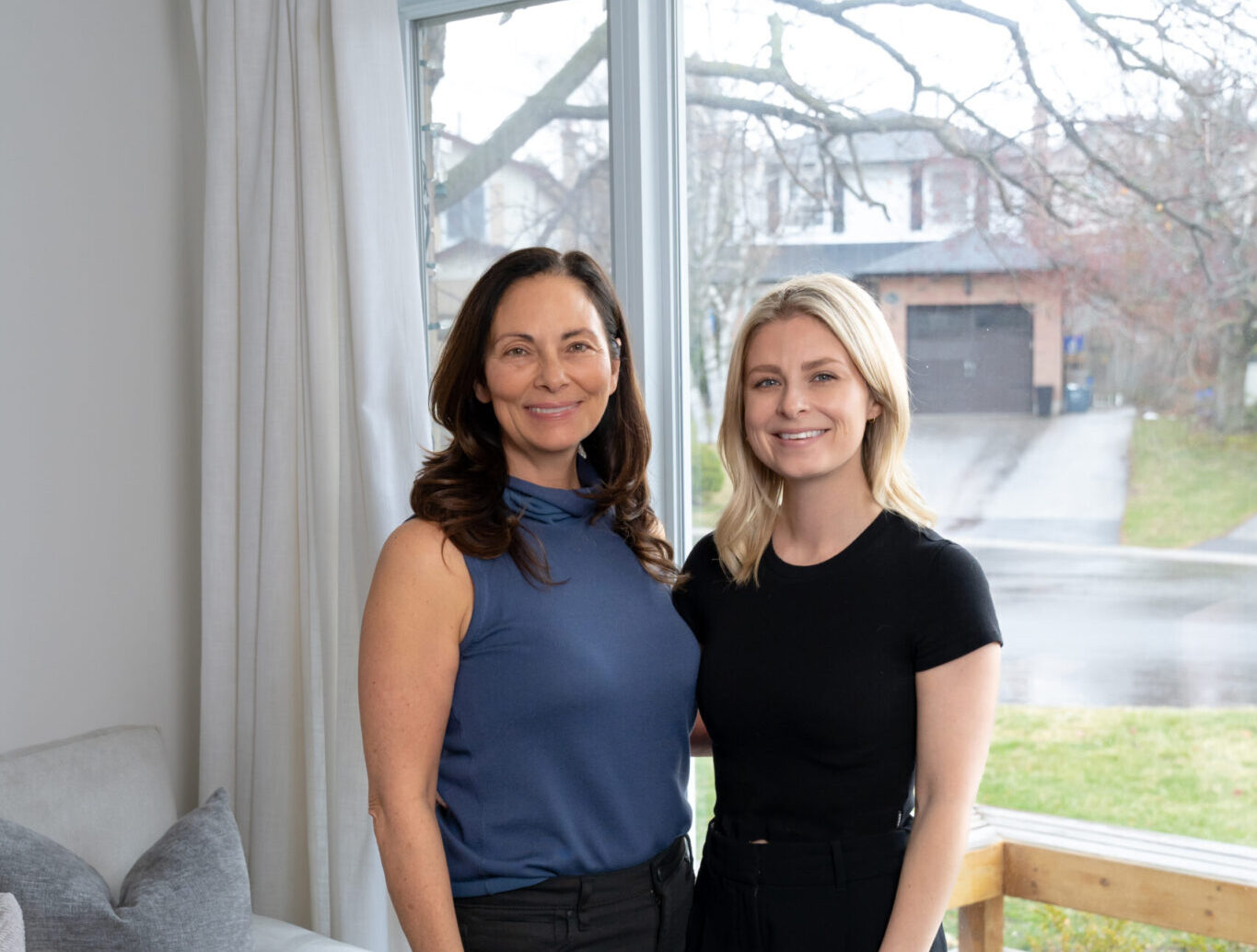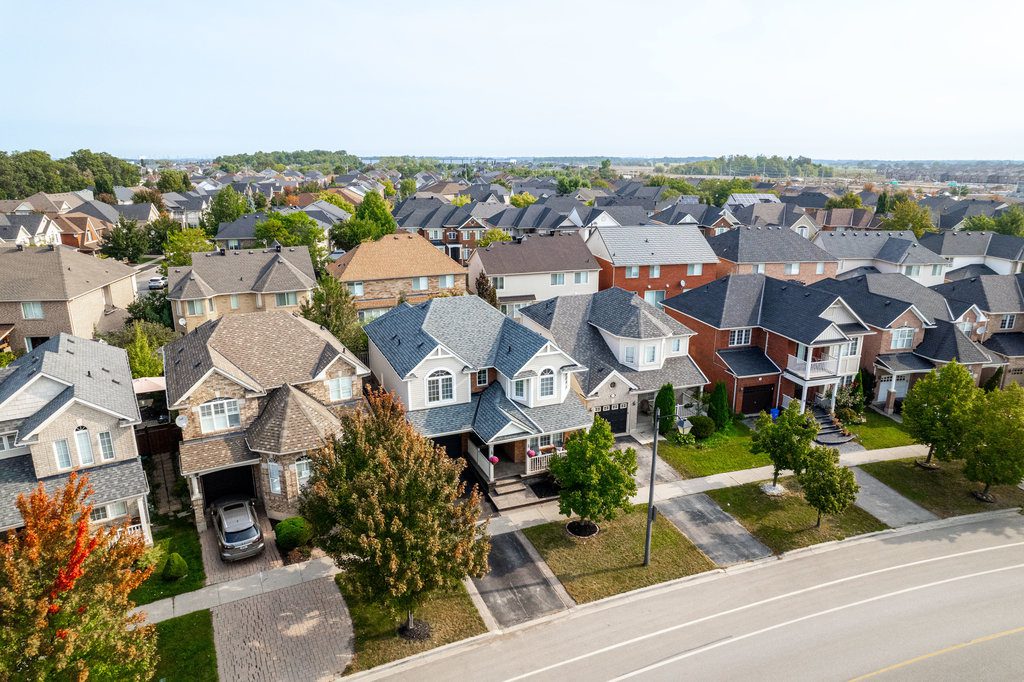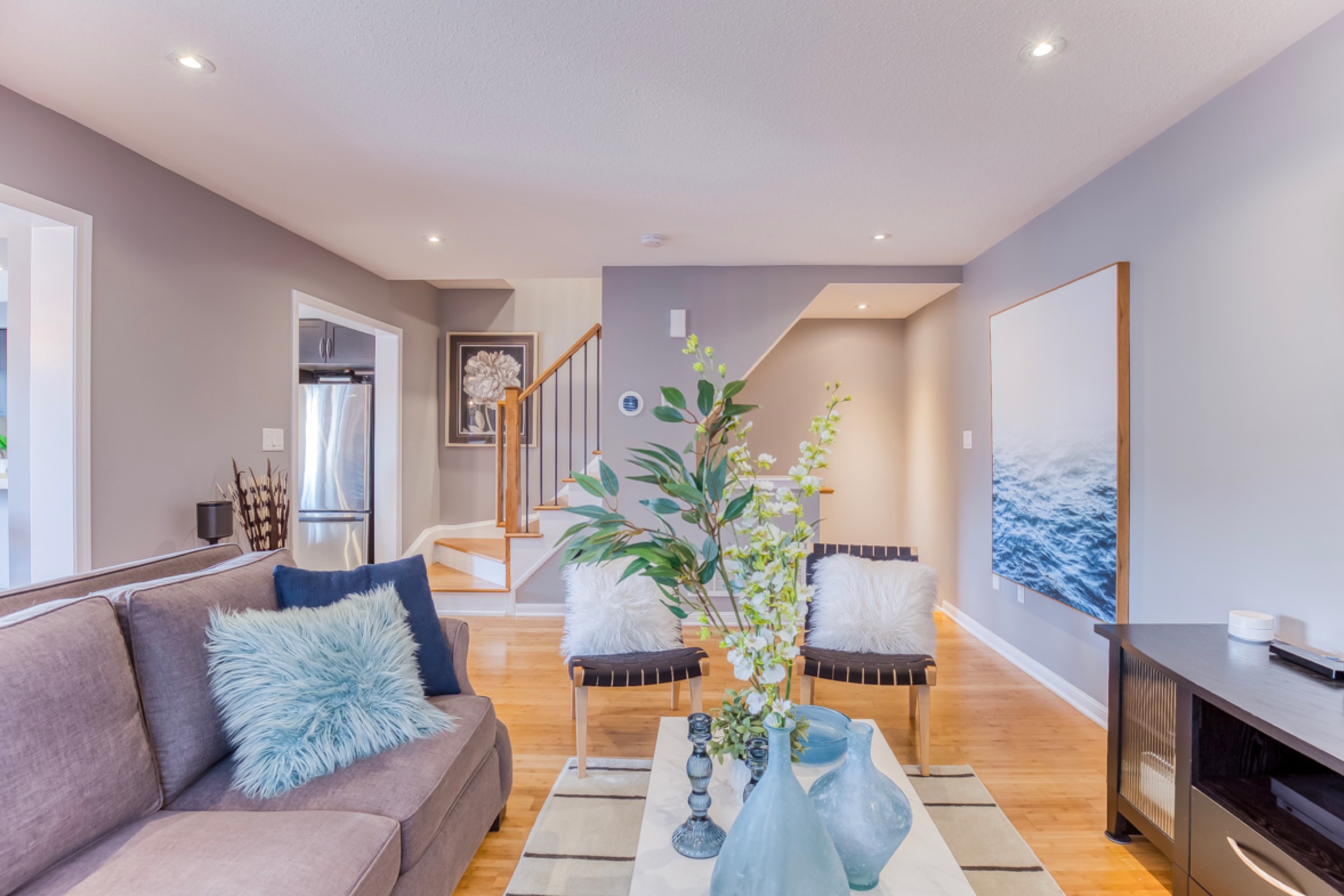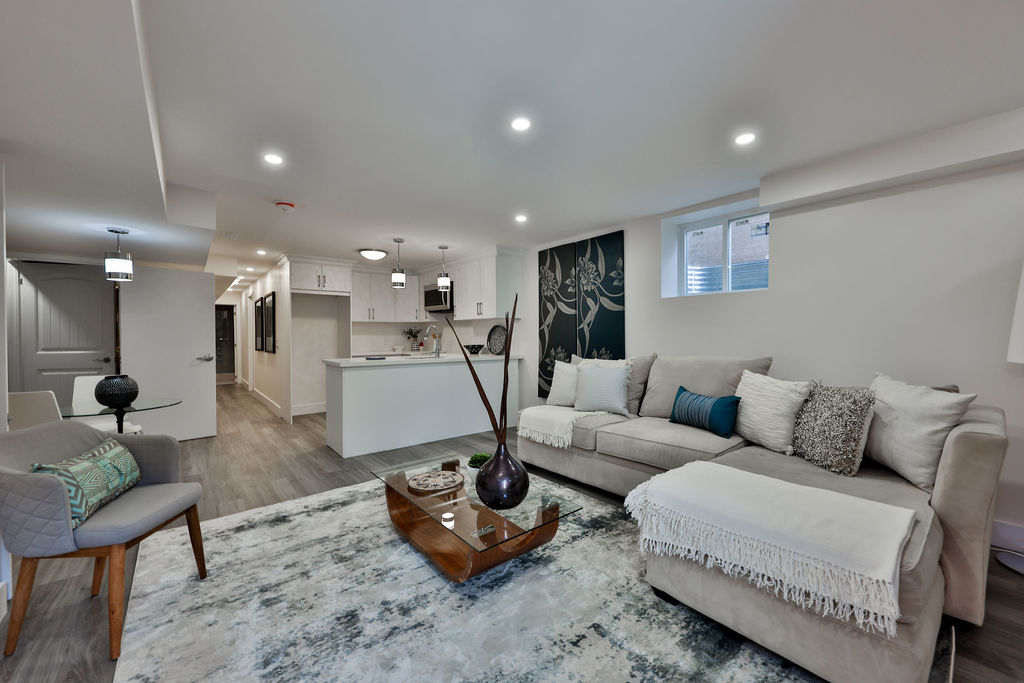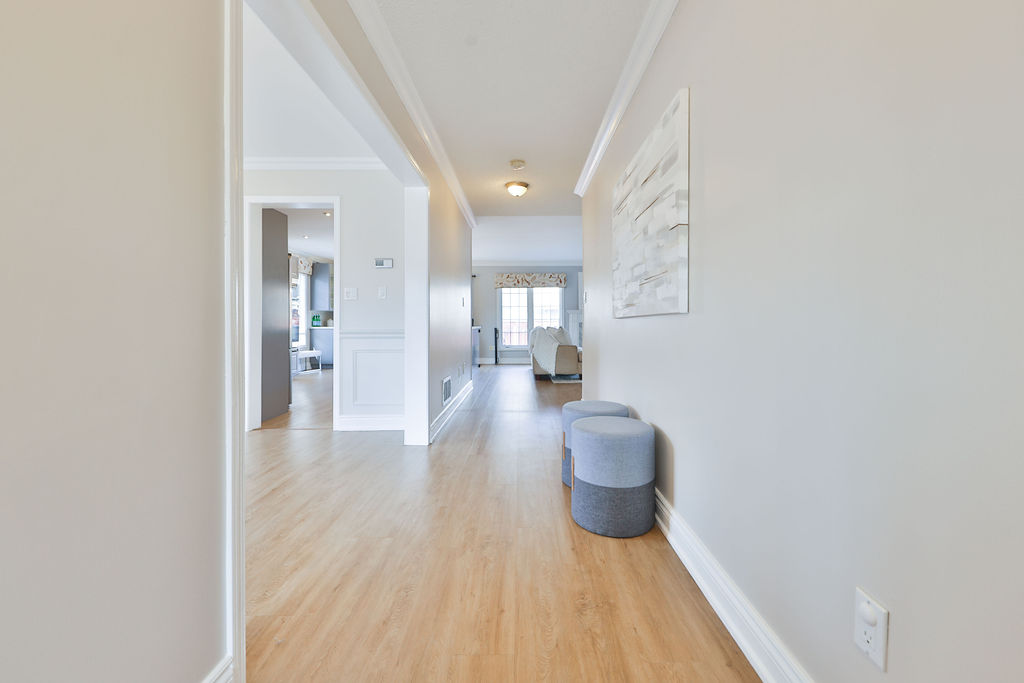When winter rolls around, many people assume the real estate market goes into hibernation. But if you’re considering selling your house in the winter, there’s no need to wait. In fact, selling a house in winter vs spring comes with unique benefits. With fewer homes on the market and more motivated buyers, winter could be the perfect time to list your home and reap some unexpected financial rewards.
Less Competition Means More Attention
Because there aren’t as many homes on the market during winter, that’s a huge plus for sellers. In the busy spring and summer months, your property can get lost in a sea of listings. When selling your house in winter, it is more likely to get the spotlight. Serious buyers are scrolling through fewer options, and your property has a better chance of catching their eye. If you price your home right and make it look inviting, you’ve got a real shot at standing out. But don’t overprice your home, thinking buyers are desperate—it can backfire. People are still doing their homework. And don’t forget to update your listing photos to reflect the season. A snow-covered yard might resonate more with buyers in January than a lush, green lawn from last summer.
Winter Buyers Mean Business
Do houses sell in the winter? Absolutely! Buyers who are shopping at this time of year are often the most motivated and less likely to back out of the deal. They’re likely relocating for a job, taking advantage of tax benefits, or facing life changes that can’t wait. These aren’t casual browsers. They’re ready to make decisions quickly, leading to faster offers and smoother negotiations. These buyers often have tight schedules, so flexibility is essential. Be sure to prepare your home for winter. If your home is hard to access, say, due to bad weather, it could deter them. Keep driveways and walkways clear and safe to ensure buyers can view your home without hassle.
Your Home’s Strengths Shine in Winter
Winter weather puts your home’s durability to the test, which can work in your favour. A warm, dry, and inviting house creates a lasting impression, especially when buyers are looking for comfort during colder months. Practical features like energy-efficient windows, a reliable heating system, and advanced energy solutions can set your home apart in the winter market. A well-maintained roof, clean gutters, and a tidy exterior show that the property is well cared for and prepared to handle any season. Address any winter maintenance issues like drafty windows or uneven heating before showings, because buyers will notice.
Winter Warmth Sells
Winter’s chill is the perfect backdrop to showcase your home’s cozy, inviting vibe. When selling a house in winter, warm lighting, comfy blankets, and even a crackling fireplace can turn your space into a haven buyers will fall in love with. Don’t go overboard with holiday decorations. A simple wreath or a bowl of pinecones can create charm without overwhelming the space.
Quicker Sales Are on the Table
Selling a house in winter vs spring can mean faster transactions. You don’t need to wonder, “Do houses sell in the winter?” They do, and often with unique advantages. With fewer homes on the market, buyers are pushed to act quickly, and real estate professionals like agents, inspectors, and appraisers often have more availability during this time. This can lead to quicker closings and less waiting around. However, avoid rushing into accepting an offer without considering it carefully. Some buyers may try to negotiate aggressively, thinking winter sellers are more eager. Stay firm and work with your agent to get the best deal.
Financial Benefits of Selling in Winter
Selling your house in the winter could have financial perks. Closing a deal before December 31 may allow you to offset capital gains with other investment losses for the year, reducing your taxable income. Expenses like real estate commissions, staging, or upgrades made to prepare your home for sale can also reduce your taxable gain, helping you save money. Tax rules can vary based on your situation, so consulting a tax professional is always a good idea. They’ll help you understand your deductions so you can take advantage of every financial benefit available. Keep detailed records of all selling-related expenses for easy reporting to the CRA.
Selling a house in winter doesn’t have to be a challenge. It can be a golden opportunity. At RE/MAX, we bring the expertise, tools, and local knowledge you need to maximize your home’s potential. Whether it’s working with motivated buyers, highlighting your home’s cozy charm, or leveraging the unique perks of selling a house in winter vs spring, we’re here to guide you. Contact your local RE/MAX agent today to make the most of your winter sale!
Source: Re/Max Canada
